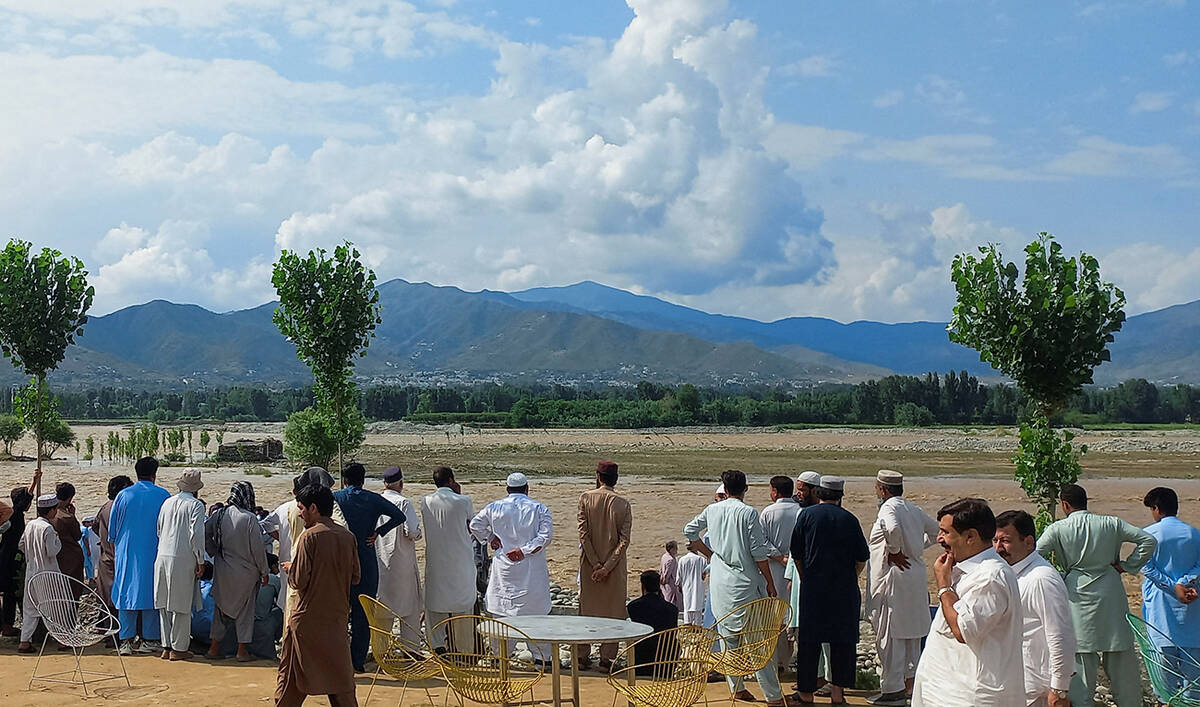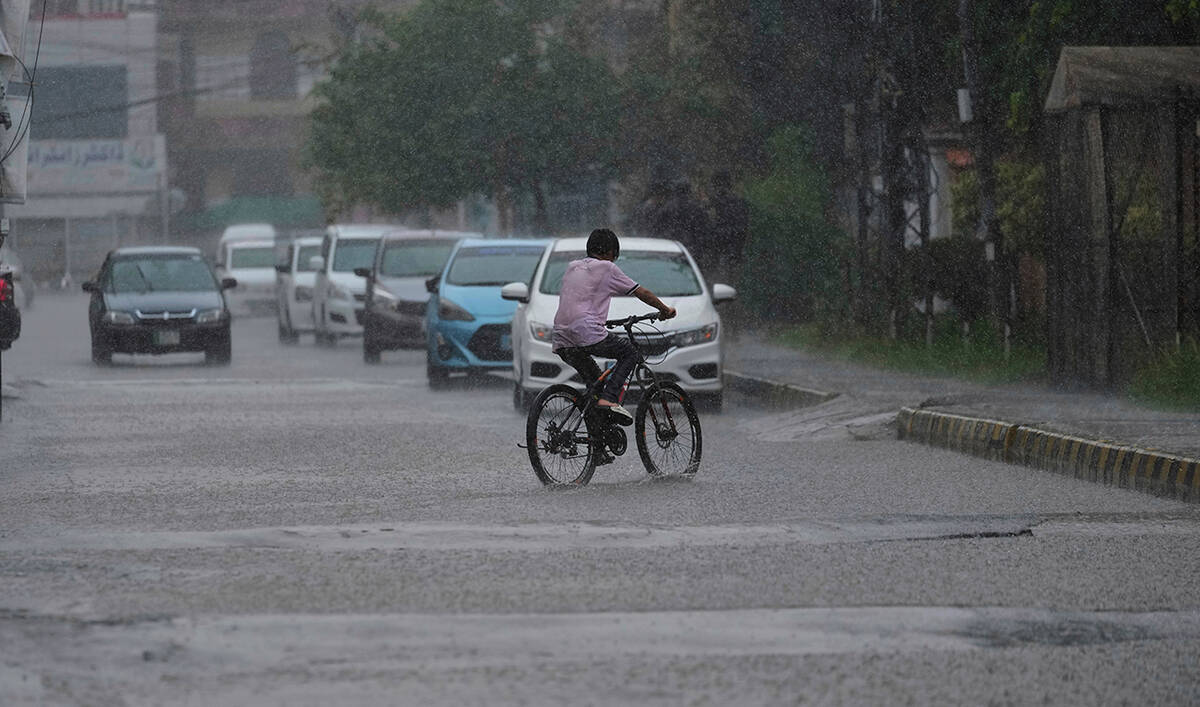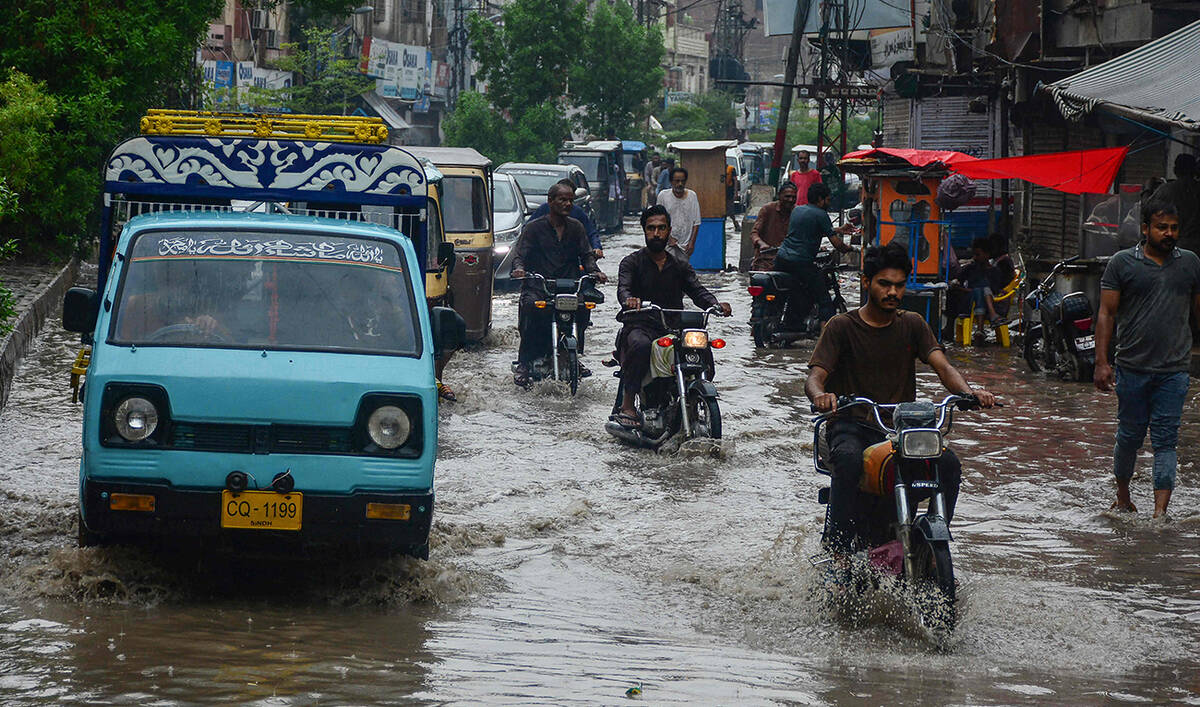ISLAMABAD: The Permanent Court of Arbitration (PCA) on Friday issued a supplemental award in the Indus waters arbitration case and said no party could unilaterally suspend the 1960 Indus Waters Treaty (IWT) between Pakistan and India.
India announced it was putting the 1960 World Bank-mediated treaty, which ensures water for 80 percent of Pakistani farms, in abeyance a day after an attack in Indian-administered Kashmir that New Delhi blamed on Pakistan, an allegation Islamabad denies. Pakistan has previously said the treaty has no provision for one side to unilaterally pull back and that any blocking of river water flowing to Pakistan will be considered “an act of war.”
In light of the developments, the PCA issued a procedural order on May 16, 2025 and requested the parties to provide written submissions on the effect, if any, of these recent developments on matters before the court, including their respective competence. Pakistan filed written submissions and no submissions were filed by India, but the court said it had considered New Delhi’s position.
“The Court first considered the terms of the Treaty, which do not provide for the unilateral ‘abeyance’ or ‘suspension’ of the Treaty; rather, according to its terms, the Treaty continues in force until terminated with the mutual consent of India and Pakistan,” the PCA said on Friday.
“The Court found that the terms of the Treaty, read in light of the Treaty’s object and purpose, do not allow either Party, acting unilaterally, to hold in abeyance or suspend an ongoing dispute settlement process, given that to do so would fundamentally undermine ‘the value and efficacy of the Treaty’s compulsory third-party dispute settlement process’.”
The IWT grants Pakistan rights to the Indus basin’s western rivers — Indus, Jhelum, and Chenab — for irrigation, drinking, and non-consumptive uses like hydropower, while India controls the eastern rivers — Ravi, Beas, and Sutlej — for unrestricted use but must not significantly alter their flow. India can use the western rivers for limited purposes such as power generation and irrigation, without storing or diverting large volumes, according to the agreement.
On July 6, 2023, the PCA had issued its award on competence after considering India’s objections. In a unanimous decision, the court had ruled that it was competent to consider and determine the disputes set forth in Pakistan’s request for arbitration in the case. Pakistan had initiated the present arbitral proceedings before the court on August 19, 2016.
The South Asian neighbors have been arguing over hydroelectric projects on the shared Indus River and its tributaries for decades, with Pakistan complaining that India’s planned hydropower dams will cut flows on the river which feeds 80 percent of its irrigated agriculture.
The PCA noted on Friday that the principal issue concerned the implications, if any, that India’s decision to hold the treaty in “abeyance” may have on the competence of the court.
“Paragraph 16 of Annexure G to the Treaty provides that ‘[s]ubject to the provisions of this Treaty and except as the Parties may otherwise agree, the Court shall decide all questions relating to its competence’,” the PCA said.
“Accordingly, the Court found that it was for the Court— and the Court alone — to answer the question before it.”
New Delhi’s halting the water agreement was one of a series of tit-for-tat diplomatic measures taken by both countries in the immediate aftermath of the April 22 attack in Kashmir, which resulted in a four-day military conflict between the neighbors in May.
The Pakistani government welcomed the supplemental award by the PCA in the IWT case.
“Pakistan welcomes the Supplemental Award by the Court of Arbitration in the Indus Waters matter that has been handed down today and made public on the website of the Permanent Court of Arbitration,” it said in an X post on Friday.
“Pakistan notes that the Court has affirmed its Competence in the light of recent developments and that unilateral action by India cannot deprive either the Court or the Neutral Expert... of their competence to adjudicate the issues before them.”
Islamabad said the priority at this point was for India and Pakistan to find a way back to a meaningful dialogue, including on the application of the Indus Waters Treaty.
Pakistan is “ready to engage in a meaningful dialogue with India on all outstanding issues, including Jammu and Kashmir, water, trade and terrorism,” it said, quoting Prime Minister Shehbaz Sharif’s comments earlier this week.





















